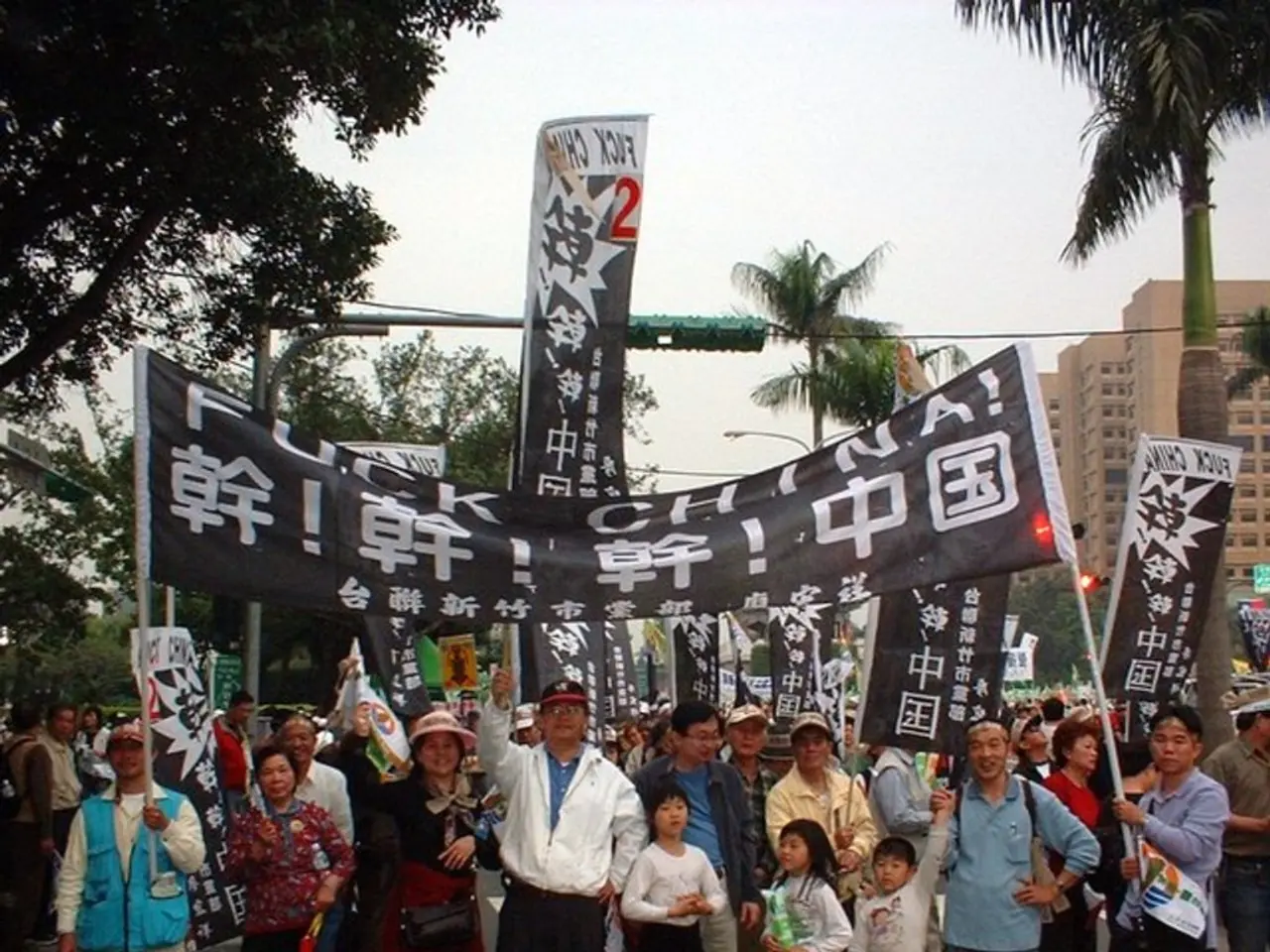Hezbollah maintains its stance on opposing the proposed Lebanon disarmament plan deemed "unachievable"
Lebanon finds itself embroiled in a contentious standoff as the Lebanese government, under President Joseph Aoun, has called for the disarmament of Hezbollah, a powerful political and military group. However, Hezbollah has unequivocally rejected disarmament, citing national defense, political leverage, internal cohesion, and regional alliances as reasons for their stance.
Hezbollah views its armed status as crucial for national defense, particularly against Israeli aggression and occupation. The group argues that until Israel fully withdraws from disputed territories and ceases attacks, disarmament is not an option.
Moreover, Hezbollah's military capacity provides critical coercive power within Lebanon's political system, influencing negotiations and policy. Disarmament would significantly weaken its political influence and ability to protect its community.
Hezbollah's armed wing also has a distinct structure and culture. Forcing disarmament risks fracturing the group, creating splinter factions or pushing fighters toward radical networks.
The group's stance aligns with Tehran's interests, indicating external influence supporting its continued armament.
On the political front, Lebanese leaders, including President Aoun, support disarmament and call for weapons to be exclusive to the Lebanese Armed Forces (LAF) to strengthen state sovereignty and avoid conflict resurgence. However, Hezbollah warns such moves could spark civil unrest or conflict internally, reflecting deep divisions over the issue.
The decision to disarm Hezbollah has sparked fury from the group, with nightly protests breaking out in areas with traditional Hezbollah support. Hezbollah officials have rejected the government's plan, with MP Ihab Hamada pledging that no weapons would be handed over and saying the government plan would fail.
A blast at a weapons depot near the Israeli border killed six Lebanese soldiers, adding fuel to the fire. Under the US proposals, Israel would withdraw fully from Lebanon, but there is little faith this will materialize.
Hezbollah has been critical of the Lebanese government for approving US proposals that aim to disarm the group. The Lebanese army is now posting troops to dismantle Hezbollah infrastructure in the south.
Despite growing pressure from inside and outside Lebanon, Hezbollah insists it is neither isolated nor besieged. The group rejects discussions over its arms until Israel stops daily attacks on Lebanon and withdraws from occupied territories. Hezbollah considers attempts to disarm it as weakening Lebanon's position amid Israeli and US threats against the country.
In short, Hezbollah's current status is outright rejection of disarmament until Israeli withdrawal and cessation of hostility, driven by defense concerns, political power preservation, internal cohesion, and regional alliances. Lebanon's government and international actors continue to press for disarmament, but implementation remains highly contentious and unresolved.
Read also:
- Court petitions to reverse established decision on same-sex marriage legalization
- Trump's enforcement actions in Washington D.C.: Insights from the political arena
- Chinese Ambassador issues stern message to India regarding Trump's tariffs in midst of escalating trade feuds
- Aircraft collides with another one on the runway during landing at Montana airport, igniting flames








